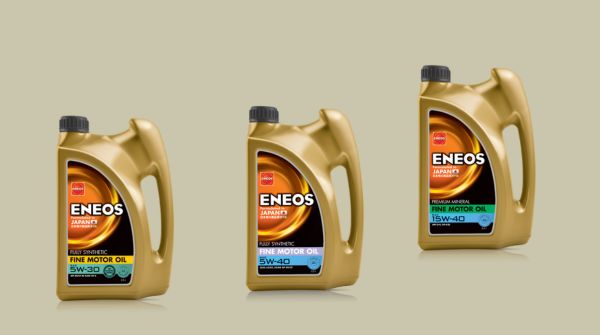Honking horns and bumper-to-bumper traffic, the daily hustle and bustle of commuting in the city is a true battle. Engines idle at long traffic signals, cars getting heated under the scorching sun, and a frequent start-stop process make your vehicle go through a lot. What are you likely going to miss? This urban chaos is impacting your engine’s health and wearing it down quite quickly.
There come heat-resistant engine oils – your vehicle’s protector. This blog also takes you on a learning journey on how these engines are a maker or a breaker of your engine’s performance and life. So, continue to scroll and keep your driving routine always on point.
Why Heat-Resistant Engine Oils Matter in Urban Driving?
The difference between engine wear and engine care is heat-resistant oil, and here are a few reasons why it makes commutes easy and peaceful:
● The Reality of Urban Driving Conditions
City driving is very demanding; it heats up your engine due to slow speeds, continuous braking, and frequent accelerations. The short-distance drives also do not allow your engines to maintain their optimal temperatures to make the oil deliver effective results. Another problem? The idle time of the engine in the jams and at the signals does not let it breathe, which increases the internal heat and degrades the oil. In these scenarios, heat-resistant oils become your defence.
● Consequences of Using Standard Oil in Urban Heat
The use of regular engine oil in sunny urban areas will do no good. This oil breaks down in the heat and loses its viscosity, becoming thinner and causing the engine to be less efficient and effective. It also elevates the sludge formation, which clogs significant parts of the engine and restricts adequate flow. Other issues? Low performance, enhanced friction, quick wear, rise in emissions, mileage drops, and many more – which make you spend more time in the garage. Remember, a small cost-saving action at the beginning can lead to bigger expenses in the future.
● The Difference Heat-Resistant Oil Offers
The modern engine oils formulated for high-heat performance bring several benefits to the table. With a high viscosity index and thermal stability, they can effortlessly keep the oil thick in all temperature ranges without breaking it down. Further, oxidation resistance helps the heat-resistant synthetic and semi-synthetic oils to create a robust layer of lubrication while preventing the development of deposits. The result? It keeps the essential elements like cylinders, valves, and pistons happy, reducing the chance of wear and tear.
Choosing and Maintaining the Right Heat-Resistant Oil for Your Vehicle
City roads, long signals, and rising temperatures: this is a battlefield for your vehicle and engine. Here are a few points to consider when selecting oil for smooth commutes:
● Identify the Right Oil
Every car or two-wheeler has different oil needs, and you can refer to your vehicle’s manual to know the correct oil type. The manual has the list of oil grades that are compatible with your engine type and various seasons. Choose 5W-40 for extreme hot and cold temperatures and 10W-30 engine oil for moderate weather conditions to keep the flow smooth. Also, look for certifications like API (American Petroleum Institute) or ACEA (Association des Constructeurs Européens d’Automobiles) on the labels to ensure heat resistance and high performance.
● Synthetic vs. Conventional
Both conventional and synthetic oils have different purposes, but city commutes demand synthetic oil. They are crafted in labs for stability in extreme weather conditions, to prevent breakdowns on longer routes, and for lubrication for efficient start-stop. Want mild protection? Choose semi-synthetic oils. Fully synthetic oils effortlessly reduce wear and tear while increasing the gap between oil changes, saving you money and repairs.
● Signs You Need to Change Your Engine Oil
Not every issue in your vehicle is highlighted by warning lights. Whether it’s knocking, noise, idle time, or overheating, commutes in the city are the source of oil degradation. Take a dipstick to check the oil and its colour; thick and dark means danger. Nowadays, modern vehicles also feature dashboard alerts for oil changes, but they may fail to comply with city conditions. After all, prevention is better than cure to leverage good mileage.
Conclusion
Heat-resistant car or scooter engine oil is vital for protecting vehicles from the intense demands of urban driving. More than just a lubricant, engine oil shields your engine from heat, friction, and wear. Choosing the right type ensures smoother performance and fewer breakdowns. Always consult your mechanic or service centre to select the best oil for your vehicle and driving conditions. Upgrade your engine protection by choosing heat-resistant oil tailored for city life, and keep your car running strong, no matter the traffic.











